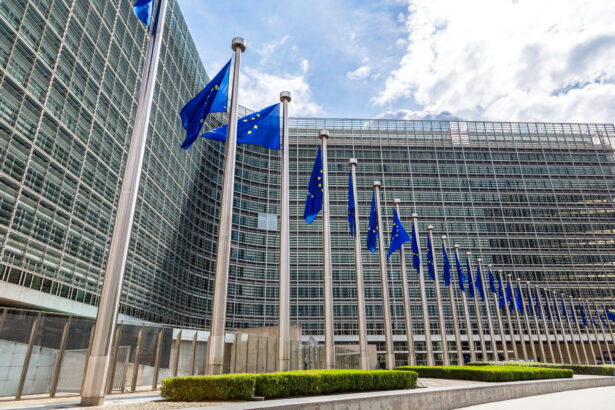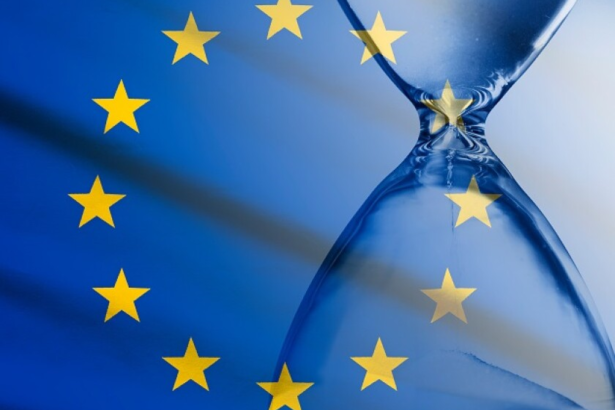Input VAT deductions : exempt transactions with right to deduction

The general rules of the European VAT imply that companies carrying out non-taxable or exempt transactions cannot recover the VAT borne on expenses incurred for their realisation.
However, certain exempt transactions give rise to the right to deduct VAT.
These include cross-border transactions:
- Intra-Community deliveries of goods and B2B triangular transactions
- Exports and related transactions
- International transport
- Customs and tax warehouses
- Delivery of goods and supply of services to international organisations
The same applies to taxable transactions that are outside the scope of the national VAT according to the specific territoriality rules:
- Local sales of goods abroad
- Distance sales of goods and electronic services to individuals (above the European threshold)
- Provision of specific services located abroad
- Provision of B2B services taxable in the recipient’s country
Although the companies do not charge the national output VAT on these transactions, they can still deduct locally incurred VAT on their eligible expenses in home country. While for the deduction of the VAT, it is sufficient to have compliant purchase invoices and to respect the deadlines of the tax prescription (two years of retroactivity in France for example), the justification of the exemption is often much more cumbersome. Aside from the mandatory mentions to be included in the sales invoices and the additional declarative procedures to be carried out in certain cases, the supporting documents specific to each exempt transaction must be collected and kept by the companies during the legal period. Certain justifying documents must be produced by the buyer whose particular status/activity gives right to VAT exempt purchases. This concerns, among others, delivery of goods and supply of services to international organisations, such as detailed in Article 151, paragraph 1, of the European VAT Directive of 28 November 2006, (COUNCIL DIRECTIVE 2006/112/EC):
- Diplomatic and consular bodies
- European and international organisations recognised as such by the host State
- EU and NATO armed forces (under certain conditions)
- United Kingdom armed forces stationed on the island of Cyprus
In order to benefit from exempt purchases, the above-mentioned organisations must provide their service providers with a hard paper VAT exemption certificate, manually signed, with some exceptions, by the competent tax authorities. The modalities of the VAT exemption certificate are defined in Article 51 of Annex II to Implementing Regulation (EU) No. 282/2011. In order to simplify the current procedure, a digital VAT exemption certificate will be introduced within the EU starting from 1 July 2026.
Digital VAT exemption certificate
Submitted by the European Commission in July 2024, the proposal to introduce the digital VAT exemption certificate according to Article 151 of the EU VAT Directive was accepted on 18/09/2024, following the favourable opinion of the European Economic and Social Committee (EESC). This measure should be implemented by the EU Member States from 01/07/2026, in parallel with the existing paper certificate which will be definitively abolished on 01/07/2030. The new digital certificate may be exempted from an electronic signature under the same conditions that currently apply to the exemption from the manual signature. The digital VAT exemption certificate may be used if the benefit of the exemption is granted under a VAT refund procedure, in accordance with Article 151, paragraph 2, of the EU VAT Directive. If the exemption conditions cease to exist, it is the buyer of the exempt services who will be liable for the VAT not collected by the seller, by paying it to the competent tax administration, without the obligation to get VAT registered.
Advantages and risks of VAT exemption
The cases of VAT exemption are very numerous and varied. Some exempt transactions can be optionally taxed. Exemptions can present advantages in terms of price competitiveness, but they also impose additional obligations on companies and can significantly reduce their deductible VAT. Non-taxable or VAT exempt transactions that do not impact the right of input VAT deduction can conversely reduce other taxes in specific countries.
BTOBNICE is providing VAT recovery and VAT compliance services to international companies:
- Identification of deductible VAT on local purchases and expenses
- Foreign VAT recovery
- VAT audit of cross-border flows
- International VAT compliance: registration and filing of periodical tax returns and declarations
- Training: VAT accounting principles, EU VAT declarations, intra-community operations, etc.
Deel free to contact our expert for more information: contact@btobnice.com





